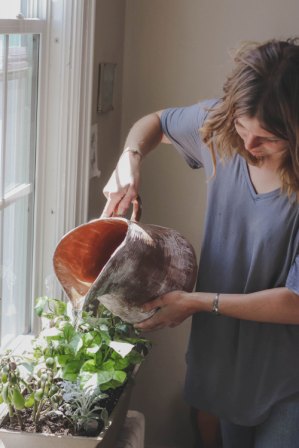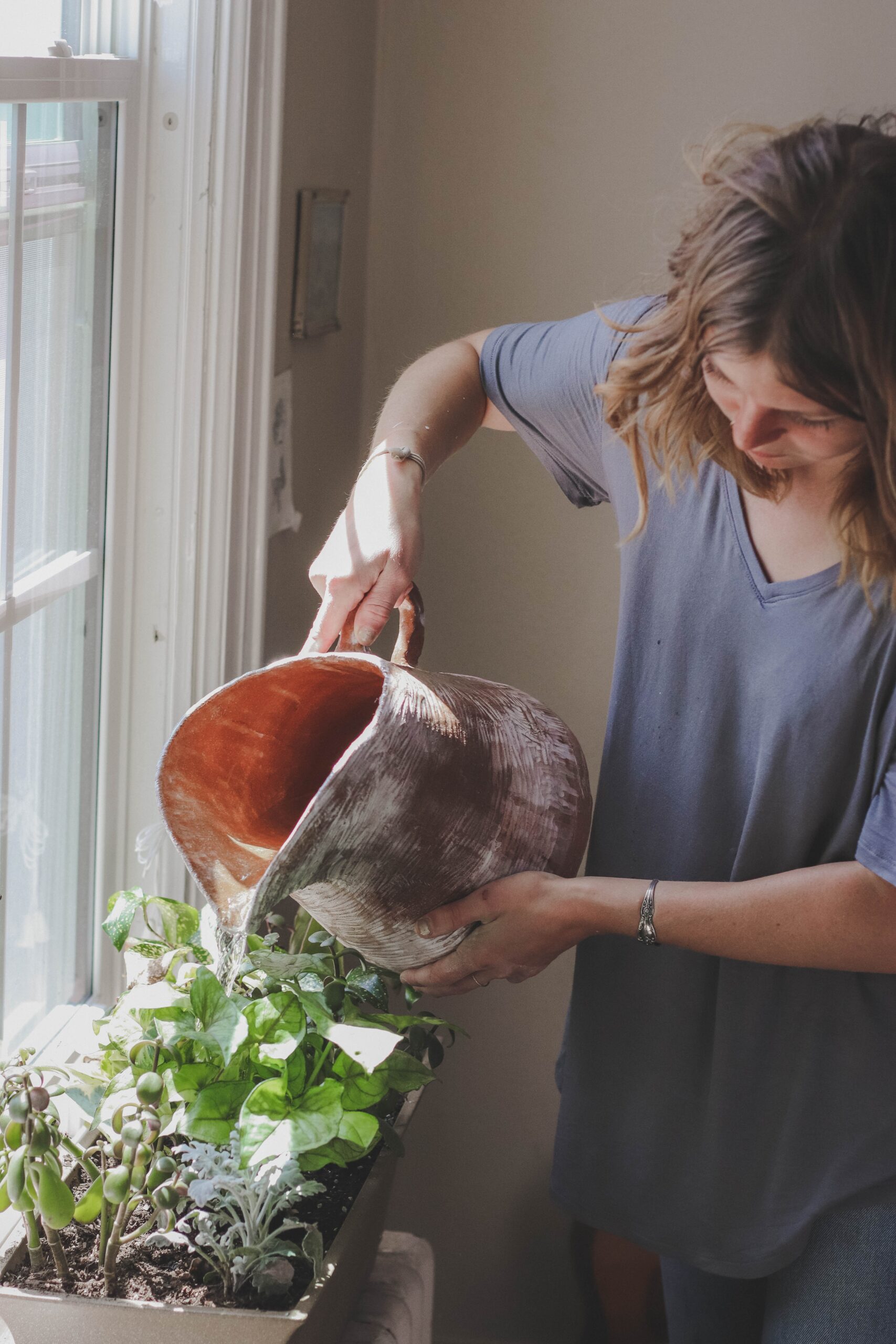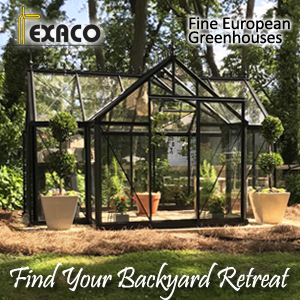
Keeping houseplants alive was much different for our ancestors who lived in homes surrounded by dirt, fields and animals. Most homes today consist of lock-tight windows, dark hallways, and electronics – that doesn’t even take air quality into consideration.
Indoor plants offer so many benefits. Not only do they remove toxins and dust from the air, but they remind us of our connection to nature and enhance our living space. Perhaps you’re someone who has trouble keeping houseplants alive and you’re sure there’s no hope for you. We’re here to tell you that that there’s still hope!
These are the five most common reasons houseplants die and what you can do to remedy them.
Not Enough Light
Ambient or artificial light is not enough for most houseplants. Humans are used to adapting to various lighting styles but plants thrive in direct sunlight. If you notice your houseplant starting to droop, move it to a brighter spot.
When your plant’s leaves become floppy, lanky, or pale, it’s probably not getting enough light. Do a quick Internet search to determine how many hours of direct sunlight your plant should get and move it accordingly. You can also choose indoor plants that need very little direct sunlight and can thrive on a windowsill or corner.
Inconsistent Watering
Many of us who struggle with maintaining a green thumb will notice our houseplants dying suddenly from being too dry. If you forget to consistently water your plants, set yourself a reminder on your smartphone or write it on a calendar so you’ll never forget.
To keep your plant from drying out, take the following steps:
- Move a new plant into a bigger pot (most are sold in tiny pots)
- Ensure the new pot has drainage holes
- Water plants less often and when you do, soak them thoroughly in the sink or with a pitcher
- If the soil gets so dry that it won’t absorb water, place the pot in the sink and let the faucet trickle on the plant for 15 minutes – this will make it feel much heavier
Low Quality Fertilizer
Most people make the mistake of giving their indoor plants too much fertilizer, which burns the roots and kills them. To avoid killing your plants with fertilizer, use something gentle and organic such as worm castings. Worm castings are worm feces but they’re odorless and pet-safe. Worm castings enhance soil structure and moisture retention so your houseplants will be in better health when you add them to your soil. Worm casting fertilizer can be purchased in individual bags, which is perfect for the indoor grower.
Dry Air
Constantly running the AC or heat can affect your houseplants just as much as living in an arid location. Low humidity causes stress on plants, so keep a humidifier running to help plants thrive. You can also choose plants that don’t need humidity such as succulents, bulbs, or anything with “woody” stems.
False Alarms
Sometimes homeowners think their plants are dead when in reality they’re still going. Plants have the ability to re-grow after trauma and neglect, so don’t throw in the towel unless you’ve tried the following:
- Trim away the dead leaves
- Give the plant more sunlight
- Add worm castings to the soil
- Check to see if it’s a plant that goes dormant
- Move the plant to a cool garage or basement for a while
Background information for this article was provided by MCB Biomarkers. Visit their website at McgBiomarkers.com.
Related Articles & Free Email Newsletter
Deep Cleaning in the Greenhouse





Comment here